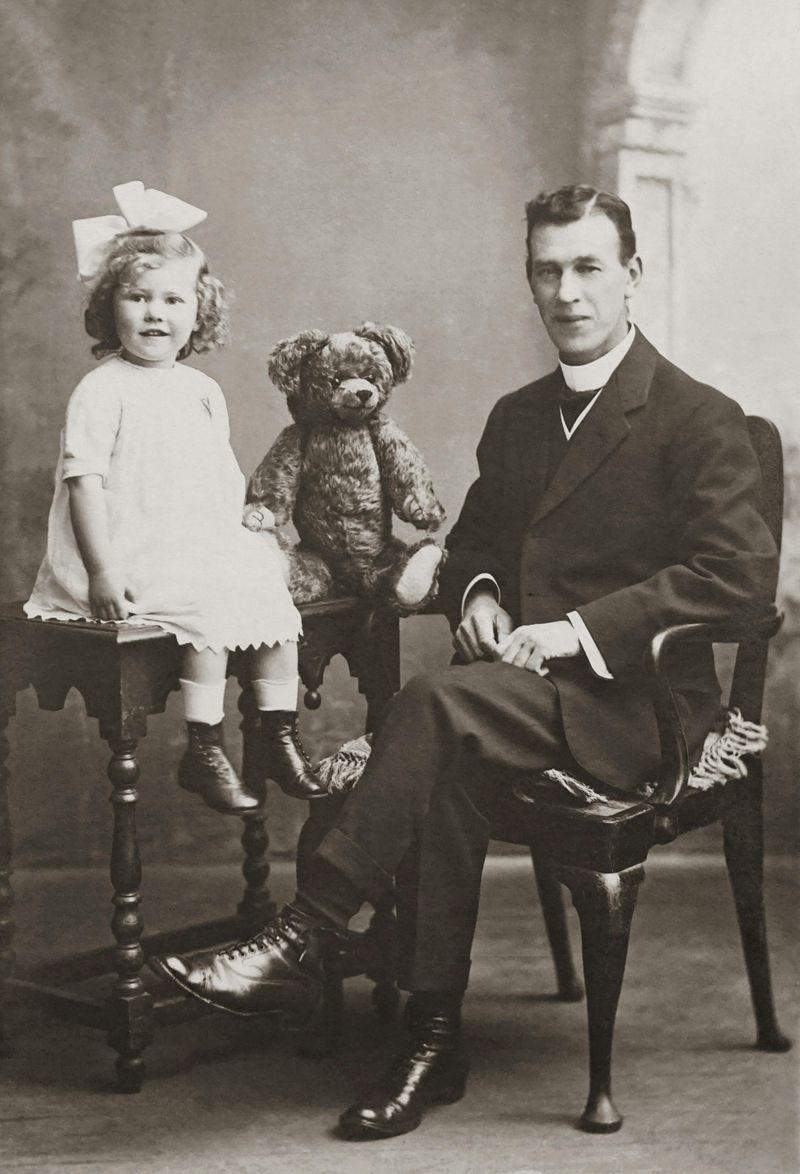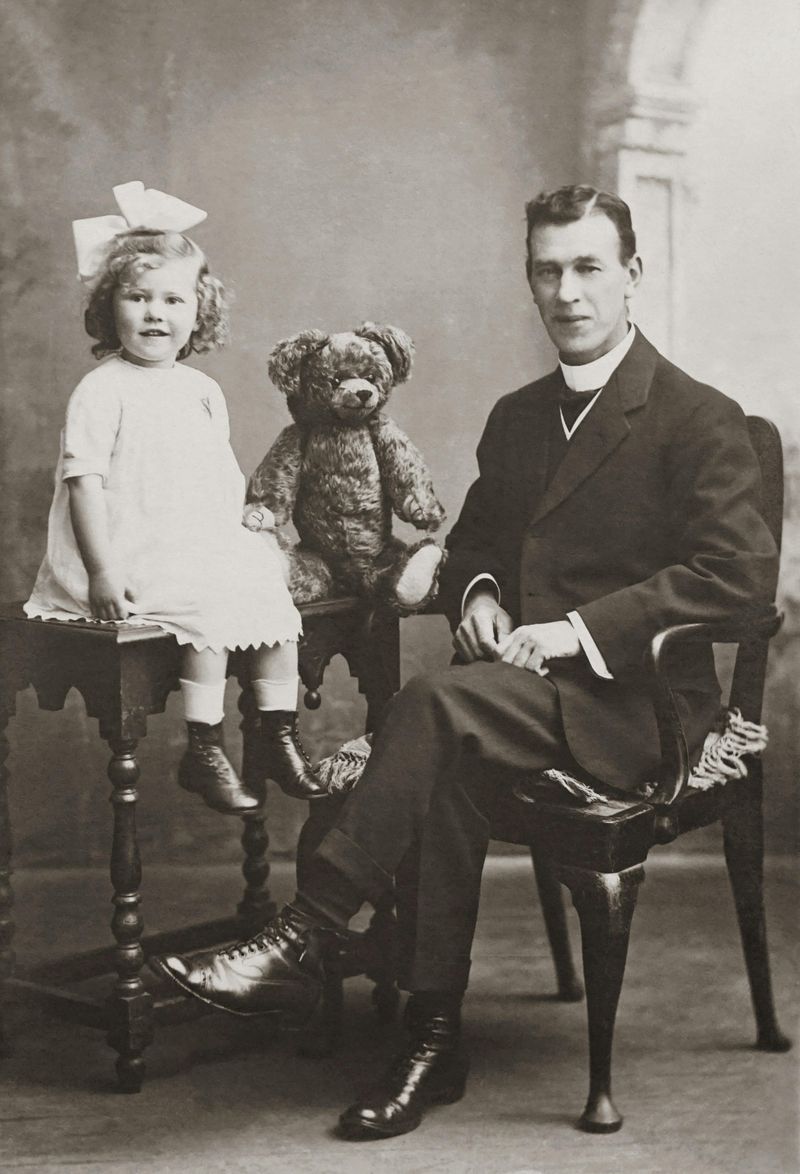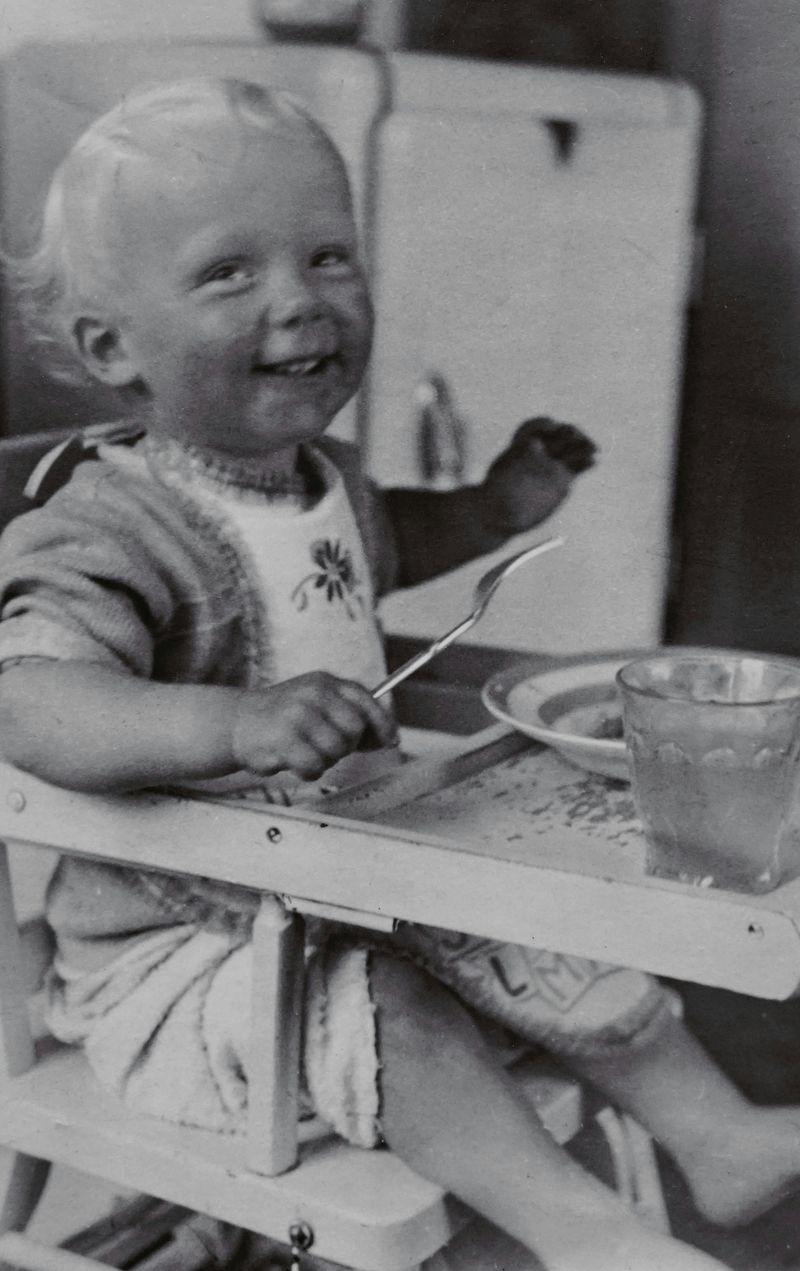10 Household Rules Boomers Grew Up With That Sound Crazy Today

If you ever talk to someone from the Baby Boomer generation about their childhood, you might find yourself doing double-takes. The rules they lived by were often strict, unquestionable, and—by today’s standards—a little out there. While these guidelines were meant to instill discipline and respect, many sound borderline absurd now, especially in a world more focused on emotional intelligence, flexibility, and open communication.
1. Children Should Be Seen and Not Heard

Back in the day, silence was considered a virtue—especially for children. Speaking out of turn, laughing too loudly, or even asking a simple question during adult conversations was discouraged, if not outright punished.
This rule wasn’t just a suggestion; it was a cultural expectation. Kids were expected to sit quietly, listen, and blend into the background. While it might have encouraged respect for authority, it also stifled self-expression and emotional development. Today, child psychologists encourage open dialogue as a key to healthy relationships and confidence building—an idea that would’ve been shocking in Boomer households.
2. No Talking Back, Ever

Even when children had legitimate questions or objections, speaking up was a dangerous game. “Talking back” was immediately labeled as disrespectful, no matter how calmly or logically it was done.
This blanket rule often left children feeling powerless and misunderstood. It taught them to obey rather than reason, suppress rather than speak up. While discipline is still essential in modern parenting, today’s approach values mutual respect. Teaching kids to express disagreement respectfully is now seen as a strength—not a flaw.
3. Eat Everything on Your Plate—No Exceptions

Wasting food was unacceptable in most Boomer households. Parents frequently reminded their children about starving kids in distant countries, making guilt a side dish at every meal.
Unfortunately, this often led to unhealthy eating habits. Kids were forced to eat even when they were full, teaching them to ignore their body’s natural hunger cues. Modern parenting tends to focus more on intuitive eating and avoiding food shaming. Encouraging kids to try new foods is still important—but forcing them to clean their plates, not so much.
4. No Shoes in the House—But Only If You Were a Guest

It was a curious double standard: guests could walk in with muddy boots, but kids? They’d get a lecture for even stepping inside with sneakers on.
This rule highlighted a strong emphasis on appearances and respectability. Making the house look perfect for outsiders took precedence over consistency or logic. Today, families are more likely to apply the same rules to everyone—guests and household members alike—favoring fairness over face-saving traditions.
5. You’re Not Leaving the Table Until Everyone’s Done

Meal times were a family affair, and that meant sitting at the table until the very last person finished eating—even if your own plate had been clean for 30 minutes.
This rule aimed to teach patience and manners but often tested the limits of a child’s attention span. Squirming in your seat or asking to be excused was frowned upon. Nowadays, families understand that kids have different rhythms and capacities. Flexibility at the dinner table is no longer seen as disrespectful—it’s just practical.
6. Bedtimes Were Non-Negotiable—Even in Summer

Whether the sun was blazing or the ice cream truck was circling the block, bedtime was set in stone. No exceptions, not even on weekends or holidays.
For Boomers, early bedtimes symbolized structure and control. But they often felt unfair—especially during long summer days when fun seemed endless. Today’s parents still value consistent sleep, but many take into account special occasions, developmental needs, and a child’s internal clock. A little flexibility is now seen as a healthy compromise.
7. No Snacks Between Meals

Snacking was once seen as a surefire way to “spoil your appetite,” and it wasn’t just discouraged—it was forbidden. You waited until the next full meal, even if your stomach was growling.
This rigid approach didn’t account for children’s high energy levels and unique nutritional needs. Kids often needed fuel between meals, especially after school or sports. Today, healthy snacks are considered essential, not indulgent. They help kids stay focused, energized, and emotionally regulated—something that granola bars and fruit slices can do far better than tough love.
8. Chores Before Play—No Exceptions

There was no negotiating this one. The idea that fun could be had before work was finished? Unthinkable. Chores were your ticket to any sort of free time.
While it taught responsibility, this rule sometimes backfired. It framed chores as burdens rather than contributions to a shared home. As a result, some Boomers grew up resenting housework. These days, many parents encourage teamwork and even make chores a family activity. The focus has shifted from discipline to cooperation and understanding why these tasks matter.
9. Respect Your Elders—Even If They’re Wrong

Age automatically granted authority. It didn’t matter if the adult was kind, fair, or even correct—respect was non-negotiable and unconditional.
This rule often discouraged critical thinking and allowed harmful behavior to go unchallenged. It also blurred the lines between respect and submission. Today’s parents strive to teach kids that while respect is important, it must be mutual. Being older doesn’t mean being infallible, and questioning someone respectfully can be a powerful tool for growth.
10. You Break It, You Pay for It—Even If You’re 6

Accidents didn’t earn sympathy—they earned consequences. If a vase shattered or a toy snapped in half, even by mistake, there was often a price to pay—literally.
This approach to responsibility made even the youngest kids hyper-aware of every move. While it may have built a sense of accountability, it also created anxiety around failure. Today, many parents distinguish between intentional behavior and honest mistakes, using mishaps as teaching moments rather than moral failings.

Comments
Loading…